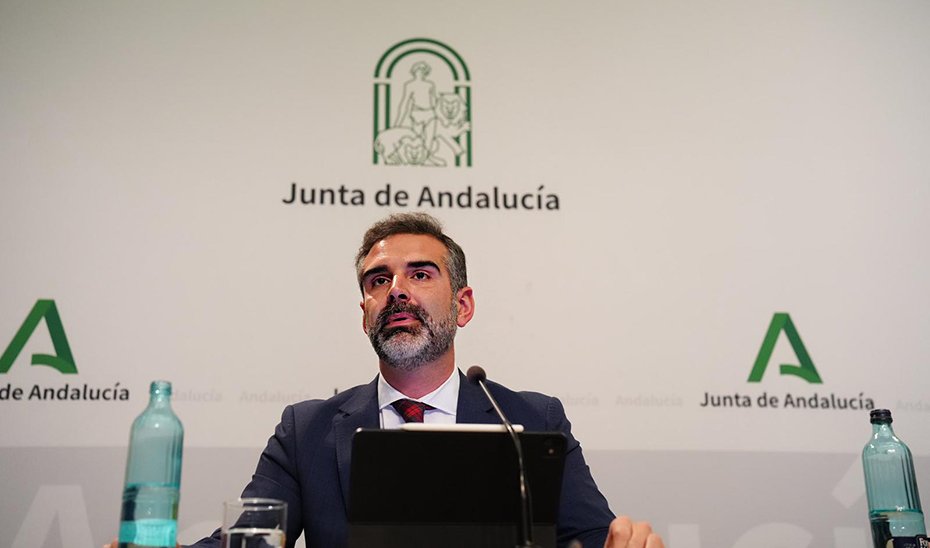The Regional Government has approved the first Andalusian Strategy for the Olive Sector Horizon 2027, with a budget of over 986 million euros. The main objective is to enhance the competitiveness of the olive sector in Andalusia, aiming to be a driver of wealth generation, job creation, and rural population retention.
This document includes 52 measures, classified into eleven thematic areas focusing on improving the competitiveness and sustainability of farms and industries, promoting market orientation, increasing added value, enhancing differentiated quality, maintaining a balanced value chain, conquering markets, and driving circular economy and bioeconomy.
It also aims to advance the digital transformation in the production value chain, establish a science-technology-business system offering R&D&I to the sector, promote training, advice, and knowledge transfer to the chain agents, advertise the sector, its products, and territories showcasing their benefits, and drive administrative simplification and governance.
Some of the included measures are promoting sustainable production models and techniques in farms through specific advice from integrated olive production groups; creating the Center of Reference for Olive Oil Quality (CRAO) in Jaén to enhance the control and diagnosis of commercial and differentiated quality of olive oil.
Regarding water matters, the construction of reservoirs will be encouraged to increase storage capacity and other measures to help irrigation communities enhance energy efficiency in innovative irrigation systems and modernize them. It will also promote the development of circular bioeconomy through innovative initiatives or projects and explore the olive sector’s potential to utilize carbon credits.
Protecting and enhancing the quality and authenticity of olive oil productions is crucial for increasing the sector’s competitiveness compared to other global production areas. This demands constant involvement from public authorities, as well as from the olive sector itself, producers, and industries, to find ways to ensure that this Andalusian product continues to meet the highest quality standards.
The strategy’s development took into account the sector’s concerns and needs. Economic and social agents, sector interprofessionals, associations from the oil, table olive, and olive pomace oil industries, regulatory councils, the Andalusian Olive Council, agri-food cooperatives, and producer organizations participated. More than 60% of the 254 contributions received during the public information process were included.
Andalusia is a global leader in olive oil production
The olive sector is a key pillar of Andalusia’s economy, culture, and landscape, with the largest olive tree area globally. It leads in global production of olive oil, table olives, and olive pomace oil. Besides its economic significance, creating thousands of jobs and revitalizing rural areas, the Andalusian olive groves have invaluable environmental value by contributing to soil conservation and biodiversity. They also represent a cultural identity defining Andalusia’s gastronomy, traditions, and heritage.
Andalusia boasts over 1.6 million hectares, 62% of the national olive grove and 15% of the global area. This sector generates around 20 million daily wages per campaign, representing about 40% of the agricultural employment in Andalusia. The olive oil and olive production generated 3.648 billion euros in 2023, accounting for 58.7% of Andalusia’s agricultural production.
Olive groves are Andalusia’s main crop, positioning it as the world’s top producing region with a processing industry comprising 850 oil mills, 772 packagers, 17 refineries, 41 pomace oil mills, 225 table olive processors, and 116 olive packagers. Moreover, it is Andalusia’s top export product between January and November 2024. Exports during these eleven months total 4.25 billion euros, reflecting a 43% increase compared to the same period the previous year.

